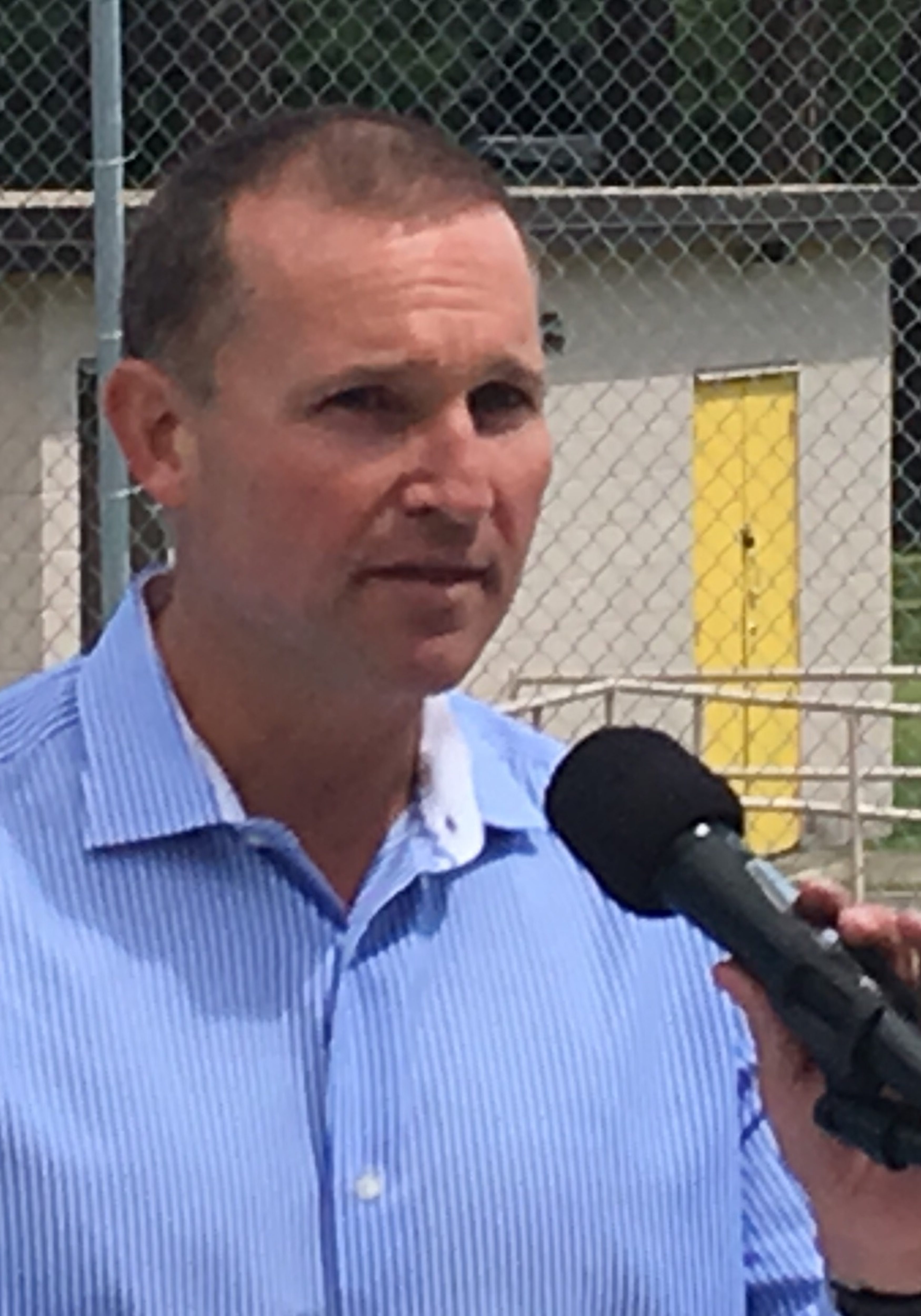
Criticism is mounting of the Aug. 30 Jacksonville pension tax referendum, which would, if passed, extend the half-cent infrastructure sales tax from 2030 until 2060, or whenever current pension debt is retired.
The mayor of Neptune Beach, Harriet Pruette, emailed Jacksonville Mayor Lenny Curry in May, hoping to ensure the beach communities aren’t left out in the cold when it comes to tax proceeds.
A meeting between the mayors is happening Wednesday. Word is Curry will address beaches questions at the July Beaches Watch meeting also.
Meanwhile, people from throughout Jacksonville are posing questions. Many of those were crystallized in a David Bauerlein article in the Florida Times-Union earlier this week. Others, by local lawyer John Winkler in his campaign of opposition to the referendum.
Some of the most salient:
If the tax passes, what’s in it for us?
How will the mechanics of the tax work?
Will public safety workers simply be moved from one defined benefit (pension) plan to another one?
And will the debt be amortized?
In a joint press availability with WJXT-TV, Mayor Curry fielded those questions Wednesday morning.
****
The first thing Curry wanted to clarify: “I don’t support a tax increase.”
He realizes that in taking that position, there is reasoned opposition.
“During the campaign,” Curry said, “groups proposed a tax increase,” such as a millage hike.
Noting, as he has often, the gap between the $75 million that the city’s pension obligation would be without debt and the $260 million hit the city took in its most recent budget, Curry noted that the ultimate gap created by pension costs is eroding city services.
And this cost, says Curry, is borne by everyone.
“If you’re paying taxes,” Curry said, “you’re paying for pension costs.”
Critics carp at the half-cent tax, but to Curry, the answer is cut and dried.
“We’re securing a source of revenue,” he said, one dedicated to the spiraling pension hit.
Meanwhile, he wonders, vis-a-vis the critics: “what is their solution?”
The critics, Curry said, are content to “lob spitballs from the cheap seats … [throwing] rocks back and forth,” even as “nothing gets done.”
****
Curry went on to note that the plan getting this far was part of a “step-by-step process.”
There was a question, he said, if the bill that got through Tallahassee would even get committee hearings. Then, a question as to whether the bicameral Legislature would pass it. And then, a question of what the governor would do.
Now, Curry said, the question is “back home” with the voters, with a referendum measure that would “require closing [the existing pension] plans.”
While the tax is a tough sell to many, Curry is undaunted by the criticism.
“I don’t govern with fear.”
****
The open questions, meanwhile, still remain, but Curry contends they are driven by the process itself.
One such question: What retirement plans will police and fire will be on if this measure passes?
As he has said before, and no doubt will again, those are a function of collective bargaining. He didn’t rule out a new defined benefit plan as part of the solution, which represents an evolution from the original proposal, made to the Finance Committee in City Council back in January, which floated a mandated defined contribution.
The mayor also noted any resolution was pending Council approval, and that amortization, a component of the Milliman actuarial projections earlier this year, is no guarantee either.
The administration, Curry said Wednesday, could “wait this out until the tax comes in.”
Amortization would allow for a certain benefit, paying the current liability off over time, but that’s not a guarantee.
Also not guaranteed: immediate results or benefit. For those seeking instant gratification, Curry isn’t promising it.
This is better understood as a mechanism toward a long-term fix rather than a silver bullet.
“Some people told me I’d have to raise taxes,” Curry said of his first budget and its priorities.
“I don’t support a tax increase,” Curry added, saying there are a “whole lot of people who do.”
****
Framing the case for the referendum was expected to be more of a marathon than a sprint.
Thus far, that’s been the case.
The questions people pose run the gamut.
There are some, especially those who know they will work until they die, who bristle at the concept of pensions for people, some of whom have retired in their 50s.
There are some, especially those in the Northwest Quadrant, who bristle at paying what they see as an “extra tax” in light of their own economic insecurity.
And there are some who fret that the administration will sell out the taxpayers by agreeing to essentially a re-branded version of the plans that got Jacksonville into such dire straits.
Can Curry and his political team convince cynics his fix is the way forward for the pension crisis?
That will be the tale of the next three months.
And the answer to that question will determine Curry’s legacy.



